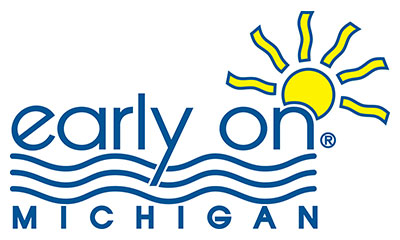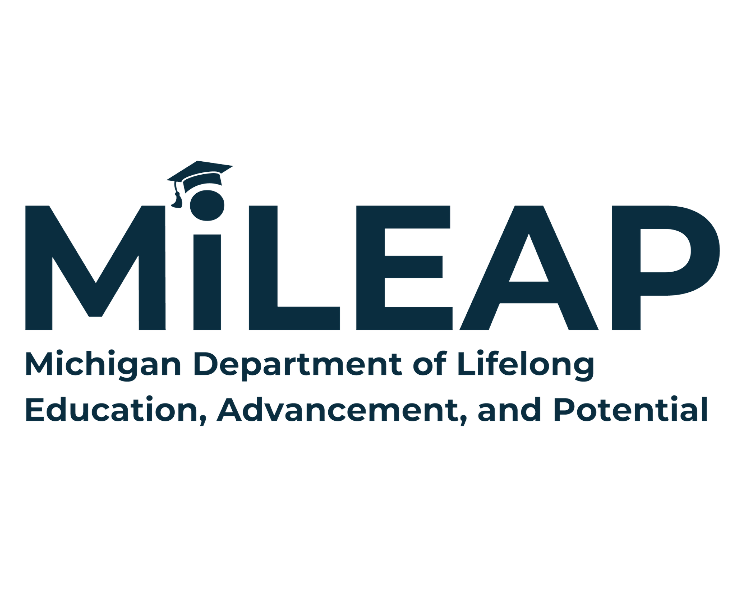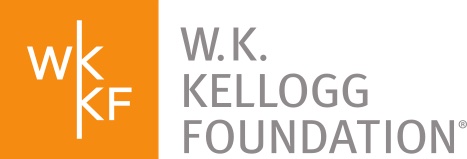Specialized Work Experience
What is the difference between the specialized work experiences that meet criteria for IFS and IMHS?
Infant Family Specialist (IFS) work experience is typically broader and encompasses many of the ways that applicants might work with the families of infants and toddlers including case management, Part C service coordination, parent education, and family support.
Infant Mental Health Specialist (IMHS) work experiences are often (but not always) home-based and include the following interventions: advocacy, developmental guidance, emotional support, concrete assistance, and parent-infant/very young child relationship-based therapies and practices. These therapies and practices are intended to explore issues related to attachment, separation, trauma, and unresolved losses as they affect the development, behavior and care of the infant/very young child. The therapies and practices may include but are not limited to parent-infant psychotherapy, interaction guidance, and child-parent psychotherapy.
Competence as an IMHS builds with supervised work experience over time with services delivered to the families of infants and toddlers that are relationship-focused and culturally sensitive with an emphasis on examining the role of relationships in reflective supervision.
I am Bachelor's prepared and work in an infant/toddler classroom. I receive reflective supervision regarding the infants/toddlers and their families. Do I qualify for IFS?
How many infants or toddlers do I need to work with to meet the specialized work criteria?
MI-AIMH believes that Endorsement® applicants should have enough experience with infants/toddlers so that the persons who complete the reference rating forms can confidently answer questions about the applicant’s knowledge and skills related to the promotion/practice of infant mental health.
IFS Requirements:
Minimum two years paid, post Bachelor’s, professional work experience providing prevention and/or early intervention services that promote infant mental health. Work experience meets this criterion as long as the applicant has:
1. Served a minimum of 10 families of infants/toddlers (birth to 36 months) and,
2. A primary focus of the services provided is the social-emotional needs of infant/toddler and,
3. Services include attention to the relationships surrounding the infant/toddler
Does work experience with pregnant women and families count towards the work experience requirement for IFS and IMHS?
Yes, work with pregnant women and families does count towards the required work experience for IFS and IMHS. However, the applicant’s work experience must ALSO include work with infants, toddlers, and their families.
<< FAQ: Specialized In-Service Training >> FAQ: The Endorsement® Exam
 13101 Allen Road
Southgate, Michigan 48195
tel: 734.785.7705 x7194
fax: 734.287.1680
13101 Allen Road
Southgate, Michigan 48195
tel: 734.785.7705 x7194
fax: 734.287.1680





